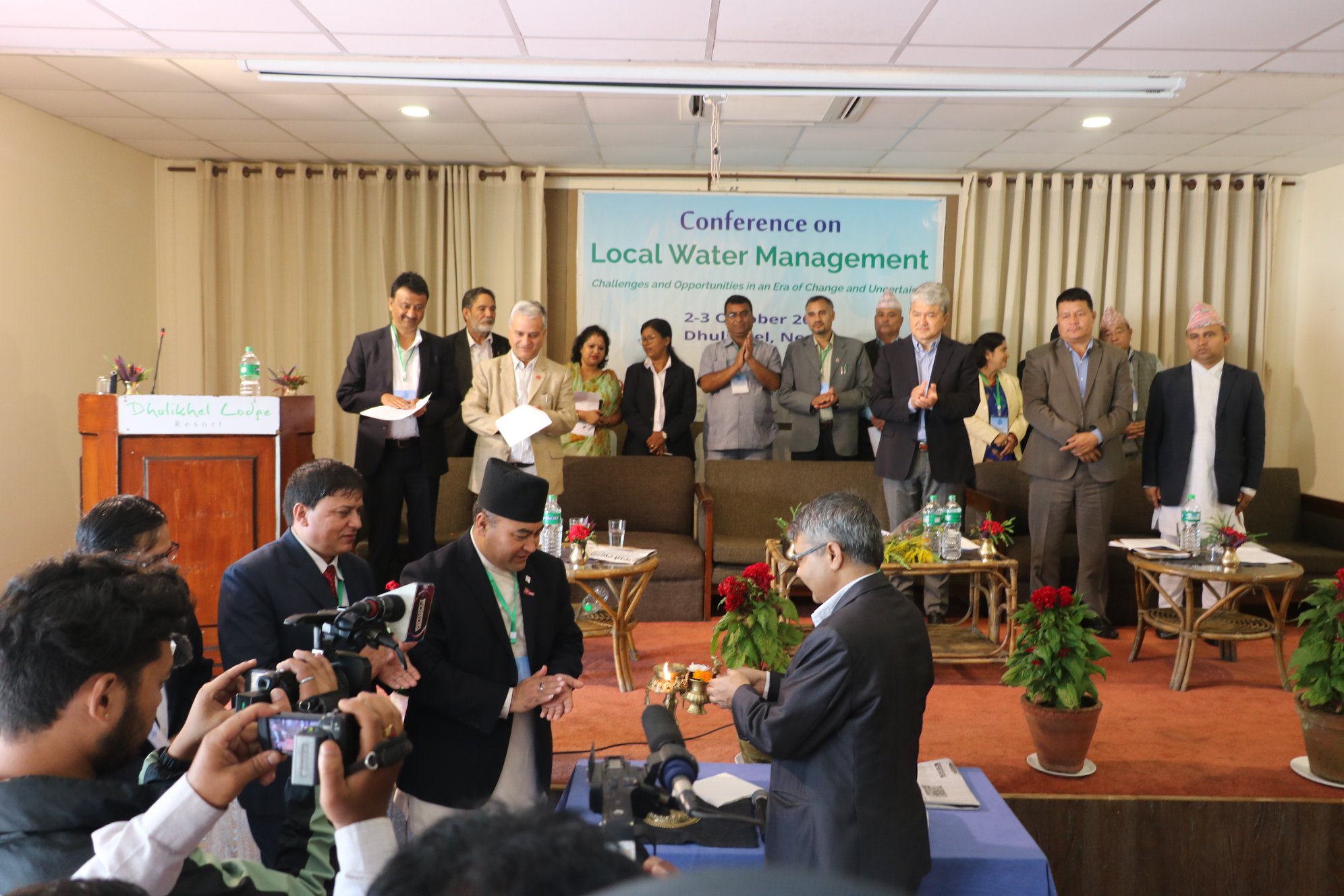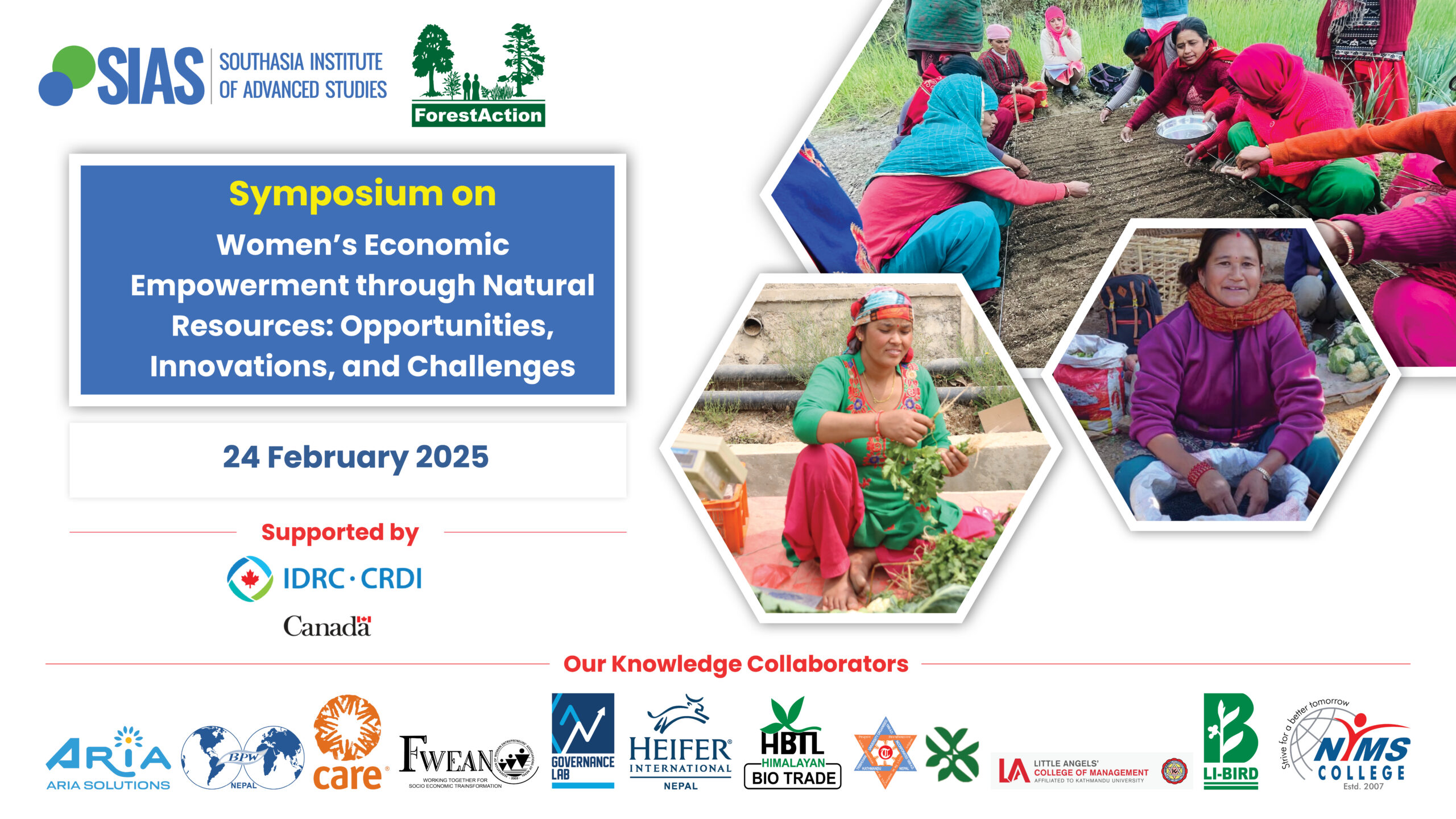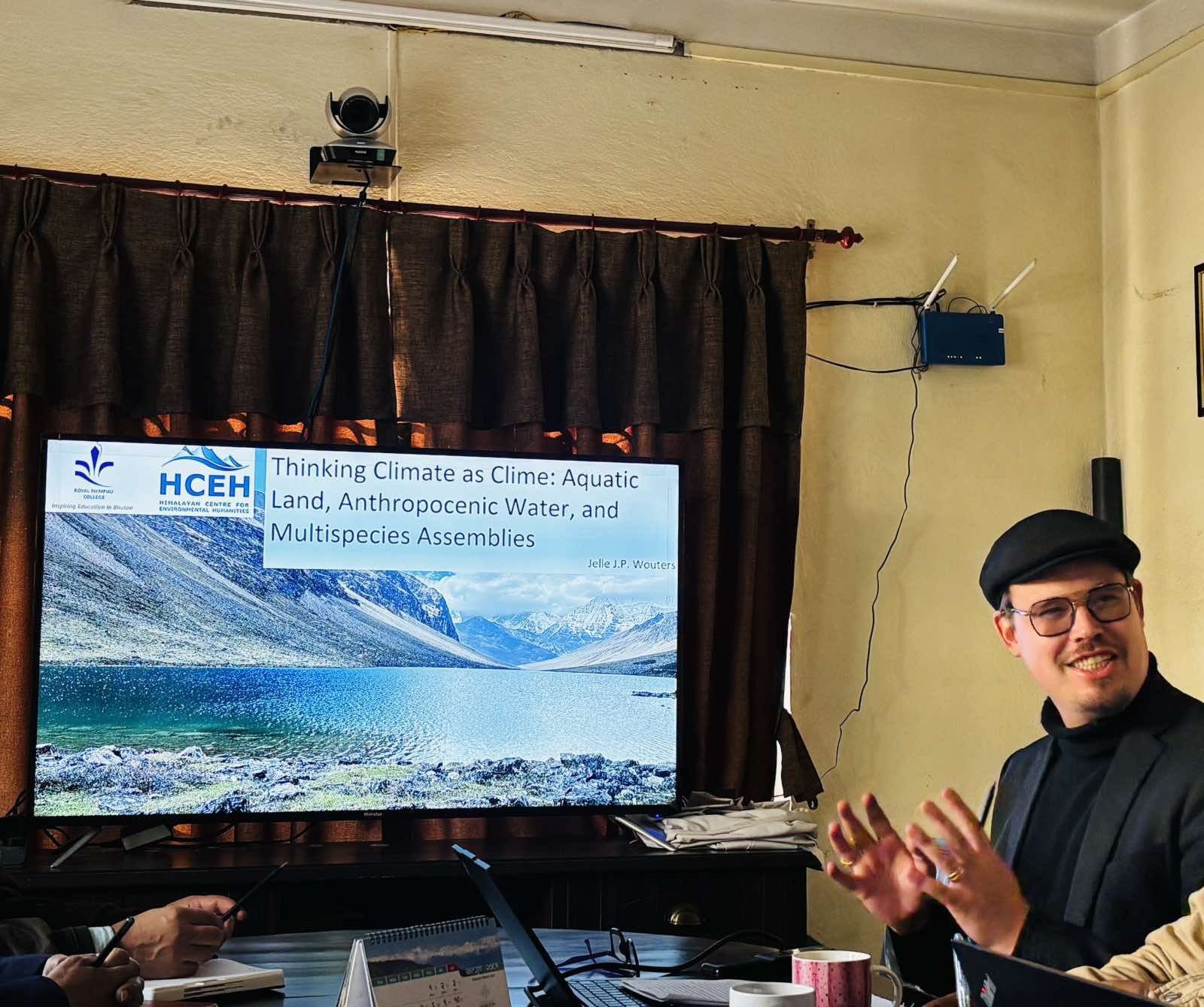Several communities in Nepal have been facing acute water scarcity in recent years. Especially after the Gorkha earthquake in April 2015, problem of water security has become more severe in the earthquake affected districts. Water sources such as springs and streams fulfilled the domestic water purposes of people but these have disappeared or significantly declined. Urban areas have been suffering more due to water insecurity caused by rapid population growth and climate change leading to decline in the water sources. Further, management and governance of water resources i.e. accessing and distribution of quantity drinking water has become a daunting task for towns that are rapidly urbanizing. The newly elected local governments facing these challenges lack the strategies necessary to deal with these growing problems and ensure a sustainable supply of water. There are several studies, innovations and technologies that are emerging to help cope with the situation. However, these initiatives are fragmented and there aren’t substantial efforts made at gaining a better understanding of the problem or developing innovations. This conference brought the key stakeholders into a single platform where research findings, experiences, ideas and innovations on water management and governance were shared and debated upon. The conference also provided a deliberative platform for dialogue among state and non-state actors.
Objectives
This conference aims to take stock of the problems and bring them in debate among diverse stakeholders. While the technical sessions will provide a platform to share research findings and innovations, the policy dialogues are expected to provide concrete feedback for future policies and actions pertaining to address the water management problems at different levels.





